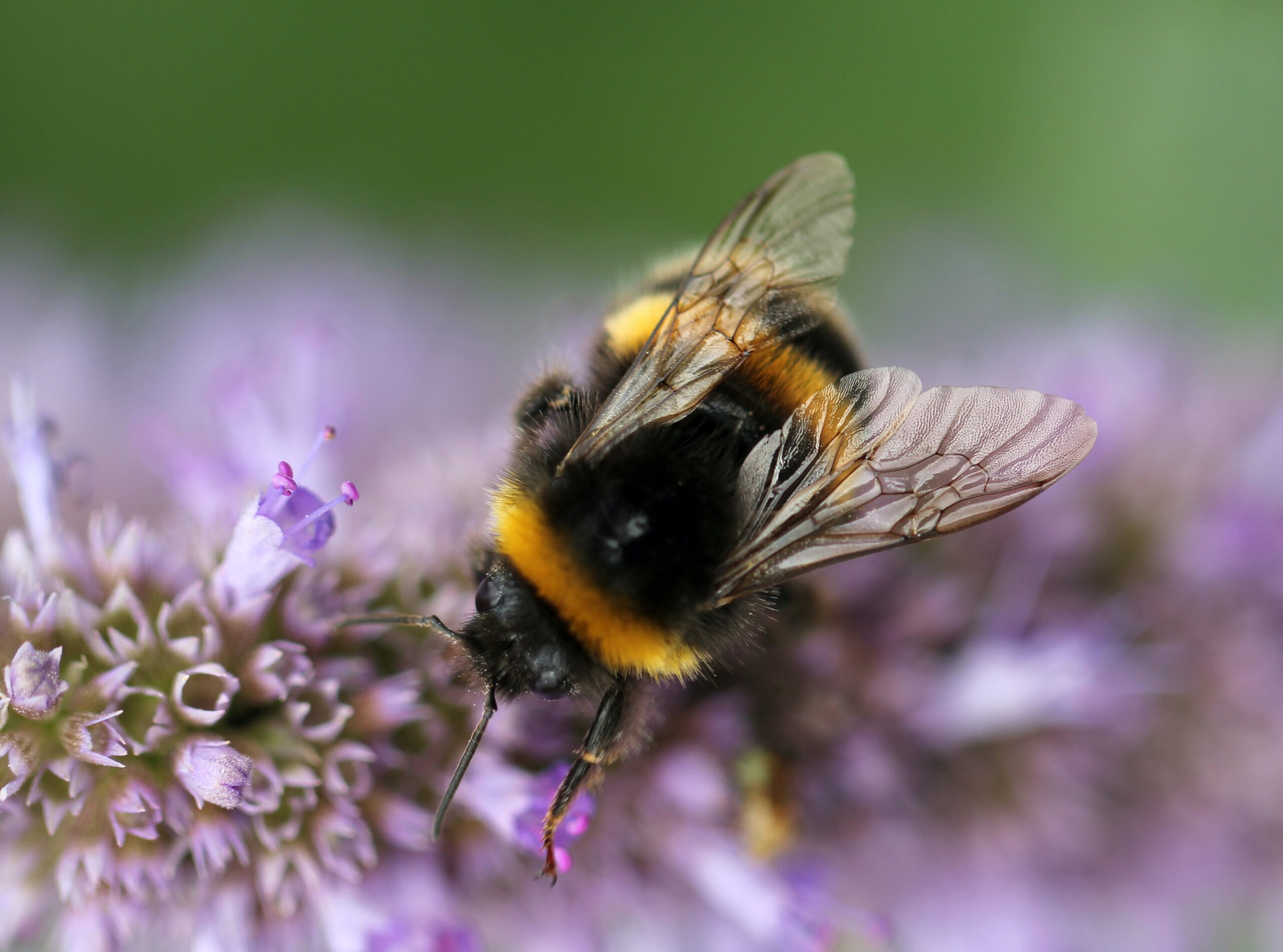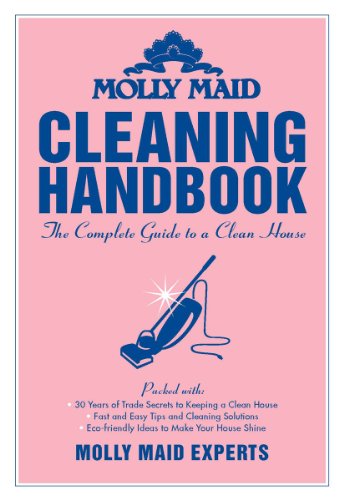
Honey, the delicious and versatile gift from bees, has captivated human taste buds for centuries. Of course, behind every jar lies the hard work and dedication of beekeepers who ensure the bees thrive and produce top-quality honey. It’s a complex process!
Location, Location, Location
Beekeepers understand the importance of selecting the right location for their beehives. Here are some secrets they employ:
- Placing hives near diverse and abundant floral sources ensures bees have access to a variety of nectar and pollen. This contributes to the unique flavor profiles of different types of honey.
- Some beekeepers strategically move their hives to follow specific floral blooms throughout the year. This practice, known as migratory beekeeping, allows bees to gather nectar from different sources, resulting in distinct honey varieties.
Hive Management for Honey Production
Beekeepers employ various techniques to manage hives effectively and maximize honey production:
- Maintaining healthy and productive queen management is crucial. Beekeepers selectively breed queens or introduce new queens to ensure strong and efficient honey production.
- Beekeepers add supers (additional boxes) to hives to provide space for bees to store surplus honey. Frames with pre-built honeycombs are inserted into the supers, encouraging bees to deposit honey in a controlled manner.
Honey Extraction Timing
Experienced beekeepers closely monitor the hive’s honey stores and harvest the surplus at the optimal time.
- Extracting honey too early or too late can affect its quality and flavor.
Honey Storage and Preservation
Beekeepers understand the significance of proper storage techniques to maintain honey’s quality and prevent spoilage:
- Honey is best stored in glass jars or food-grade plastic containers with tight-fitting lids. These materials prevent leakage, maintain freshness, and preserve the honey’s unique flavors.
- Honey should be stored at room temperature (between 18-25°C or 64-77°F) to prevent crystallization. Excessive heat or cold can affect its texture and flavor. Additionally, honey should be protected from excess moisture to prevent fermentation.
- When stored correctly, honey has an almost indefinite shelf life due to its low water content and natural preservatives. While honey may crystallize over time, this can be easily reversed by gently heating the jar in warm water.

